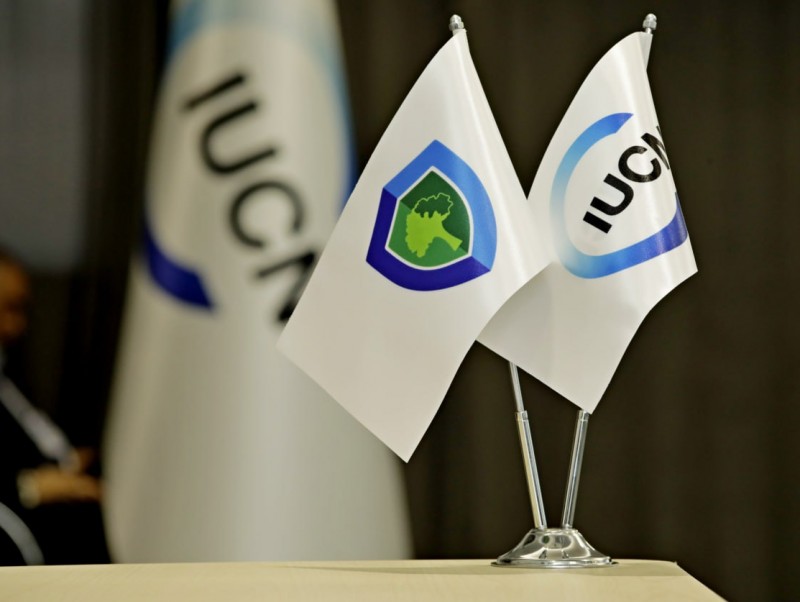
The five Central Asian countries have confirmed their interest in reducing the risk of zoonotic diseases* in the region by improving the overall resilience of the landscape through the One Health approach.The intentions were presented following a three-day regional workshop organised in Tashkent by the Ministry of Natural Resources of Uzbekistan together with the International Union for Conservation of Nature (IUCN), which ended the day before. The meeting was attended by specialists from CAMP Alatoo PF.According to a press release, there was consensus across the region that the natural processes governing disease emergence and transmission are being negatively affected by climate change, habitat disturbance and fragmentation, and increased contact between humans, wildlife and domestic species. A more effective and equitable territorial approach to conservation is therefore needed, the workshop participants stressed.
According to a press release, there was consensus across the region that the natural processes governing disease emergence and transmission are being negatively affected by climate change, habitat disturbance and fragmentation, and increased contact between humans, wildlife and domestic species. A more effective and equitable territorial approach to conservation is therefore needed, the workshop participants stressed.
"It is well known that biodiversity loss, ecosystem degradation and climatic factors combine to increase the risks of zoonotic disease outbreaks. We are interested in supporting coordinated efforts among Central Asian countries to address these risks by raising awareness of the linkages between nature conservation, ecosystem health and human well-being", said Aziz Abdukhakimov, Minister of Natural Resources of the Republic of Uzbekistan, addressing the participants in Tashkent.
With support from IUCN and international partners, national administrations and experts are ready to take steps to improve the governance and management of protected areas and increase the resilience of both ecosystems and society in the face of these crises. Countries are ready to apply the One Health approach together with the IUCN Green List standard for protected and conserved areas for conservation, best practices related to species management and the latest knowledge on zoonotic disease research and technology.
"The One Health approach is relatively new within the International Climate Initiative (IKI) and we expect this innovative work led by IUCN with national and regional partners to set us on the path to understanding the interdependence of nature and biodiversity conservation, climate, health and human livelihoods for the benefit of people and nature," stressed Elke Steinmetz, Head of International Biodiversity Cooperation, Federal Ministry of Environment, Nature Conservation, "This project will have a crucial place in the application of the One Health approach worldwide, and we are pleased to see it developing," added Ms Steinmetz.
The Central Asian countries are ready to support the establishment of new protected areas, improve the effectiveness of existing protected areas and recognise other effective area-based conservation measures (OECMs), as well as to explore management methods and mechanisms for these areas. These efforts should lead to conservation outcomes that benefit people, especially local communities and vulnerable groups, and contribute to achieving the global "30x30" target of the Convention on Biological Diversity.
"The regional commitment to strengthening the One Health approach in Central Asia is an important step towards building a more zoonotic resistant society. Intact nature and well-managed protected areas serve people and allow natural processes to take place without interruption, and can be seen as a way of addressing social problems," concluded Trevor Sandvik, Director of the IUCN Conservation Action Centre.
National conservation authorities, international partners and key stakeholders at various levels expressed the hope that the successes achieved and efforts made so far will be consolidated in order to improve national policy frameworks for effective conservation on an area-by-area basis in line with the One Health approach and the new Global Biodiversity Framework.
These first steps have been taken in a collaborative framework facilitated by IUCN and involving the Ministry of Ecology and Natural Resources of Kazakhstan, the Ministry of Natural Resources, Environment and Technical Supervision of the Kyrgyz Republic, the Committee on Environmental Protection under the Government of Tajikistan, the Ministry of Agriculture and Environmental Protection of Turkmenistan, the Ministry of Natural Resources of Uzbekistan, the Zoology Institute of Kazakhstan, CAMP Alatoo PF of Kyrgyzstan, the Association of Nature Conservancy.
The initial activities related to "One Health" in nature conservation in Central Asia, including the aforementioned seminar, were carried out as part of a project that is part of the International Climate Initiative (IKI). The German Federal Ministry for the Environment, Nature Conservation, Nuclear Safety and Consumer Protection (BMUV) supports this initiative on the basis of a decision taken by the German Bundestag.
More information is available here: https://www.international-climate-initiative.com/PROJECT1763-1
*Disease or infection transmitted in natural conditions from vertebrates to humans.
Information and photos provided by Aleksandra Nikodinovic, Regional Communications Officer, IUCN Regional Office for Eastern Europe and Central Asia (ECARO), aleksandra.nikodinovic@iucn.org
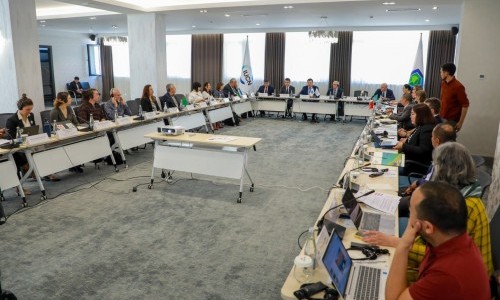
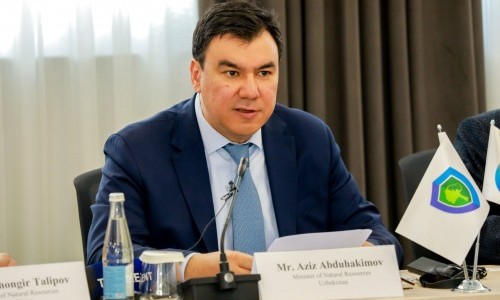
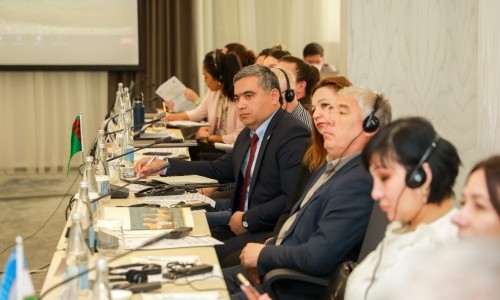
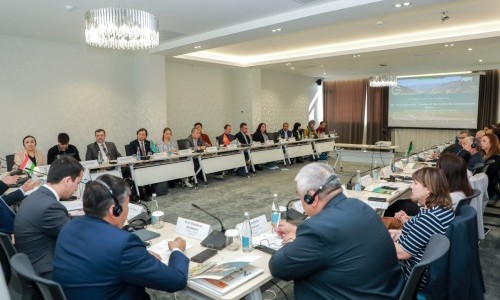
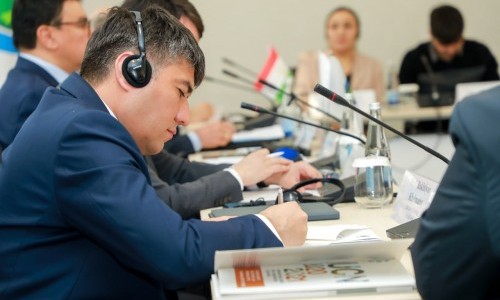
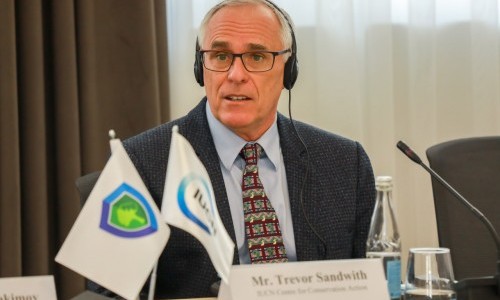
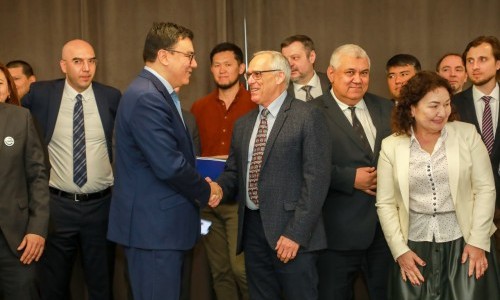
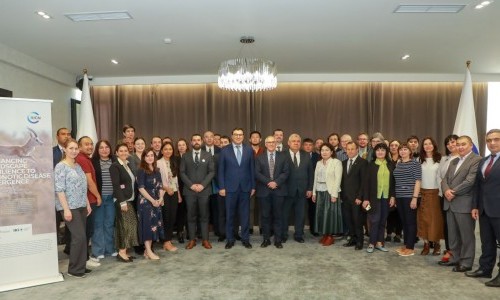
Итоги пастбищного сезона 2018 года были подведены на очередном заседании районной пастбищной комиссии (РПК).
MoreThe development of the unified method, "Monitoring Pastures at the Local Level," is nearing completion.
MoreЧетыре новых моста построены в 2018 году в Кыргызстане при поддержке ОФ “CAMP Алатоо” и Швейцарской ассоциации “Памирские...
More